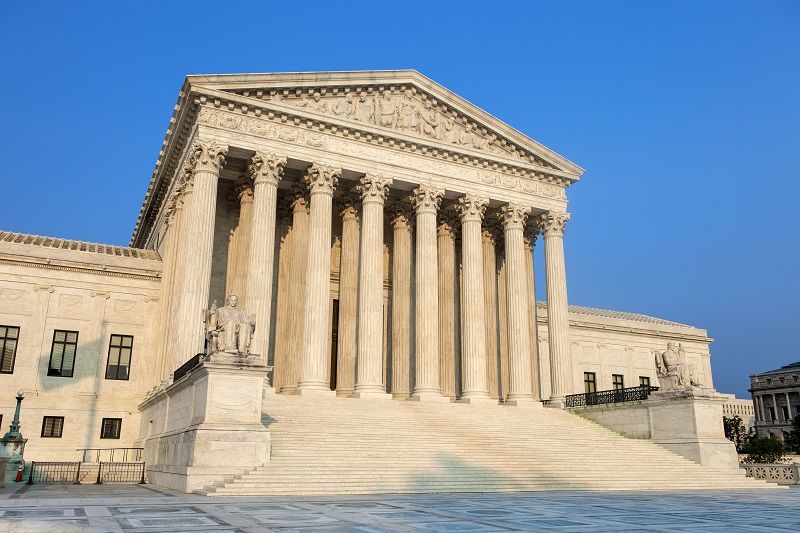

Level Playing Field Equals Loss of Economic Freedoms
by Karla Kay Edwards
An important discussion is taking place in Oregon among counties and agricultural interests regarding regulating activities allowed on farmlands, especially on lands zoned as Exclusive Farm Use (EFU). During the 2010 Special Legislative Session, the Oregon Legislature passed Senate Bill 1055, which addressed the ability of wineries to sell incidental items and services in conjunction with the winery as long as they do not exceed 25% of on-site sales income.
How absurd that private property rights in Oregon have been eroded to such an extent that citizens willingly engage in a conversation about how to limit people’s ability to run successful businesses on their own land. In this economic recession government at all levels should make every effort to remove regulations that constrain private property rights in an attempt to stimulate the natural outgrowth of entrepreneurialism and new market opportunities.
Yet, due to more than thirty years of command-and-control statewide land use policy, agricultural interests have become used to the State of Oregon imposing proscriptive regulations that outline exactly what constitute appropriate farmland activities beyond what is already in statute for EFU lands. If the state defines these activities further, counties won’t have the bureaucratic “burden” of defending, and in many cases protecting, their homegrown definition of uses to the public, other counties or the Land Conservation and Development Commission.
Uniform statewide regulation of agriculture might seem to create a “more level playing field” among competitors in adjoining counties. However, the economic losses to individual counties will be much greater than the perceived advantages of restrictive statewide definitions. The long-term, slow erosion of property rights in Oregon has led to political infighting, a waste of valuable resources and a loss of basic liberties.
Additional statewide regulation would force every agricultural operation into a framework that would limit further the creative development of new markets and opportunities because it is incredibly difficult to predict future consumer demands and needs. Who would have predicted 30 years ago that the Willamette Valley wine industry would be so strong? Agriculturalists by their nature are entrepreneurs and risk-takers. That is the only way they survive in a volatile industry that relies on unpredictable weather and natural resources to earn a living. Creating and enhancing a competitive advantage for their operation is necessary in order to succeed in business.
Obviously, a farm in one part of Oregon has different advantages than one located elsewhere. One farm or the other is likely to have better soils, more rainfall, cheaper energy inputs, shorter transportation distances, stronger local markets and a multitude of other advantages or disadvantages. It is unfortunate in Oregon that government at any level has a role in the discussion of whether a farm operation remains competitive and viable. To eliminate even one unforeseen opportunity for a farm in an effort to create a “level playing field” for all farms is against the spirit this country was founded upon.
I recognize that it must be frustrating for local farmers to look at their colleagues in an adjoining county which provides greater freedom to create economic opportunities. But that is the beauty of a decentralized government structure. In a perfect world property rights would not be infringed upon by government, but at best local governments provide the ability for communities to develop through a means that best meets the needs of its citizens. Oregon has greatly limited that ability through statewide land use regulations, though there is still a diminutive amount of freedom for counties to accentuate each community’s uniqueness and potentially create a competitive advantage for its citizens. Allowing, or in some cases forcing, counties to decide for themselves what farmland and ancillary activities are best for their community is important and a far more desirable process than creating a centralized mandate at the state level.
Benjamin Franklin once said, “They who can give up essential liberty to obtain a little temporary safety deserve neither liberty nor safety.” For the past thirty years Oregon’s land use regulations have been chipping away at citizens’ economic freedom. When will we recognize that these regulations have cumulatively eroded Oregonians’ economic freedom and ability to prosper?
Karla Kay Edwards is Rural Policy Analyst at Cascade Policy Institute, Oregon’s free market public policy research organization.











